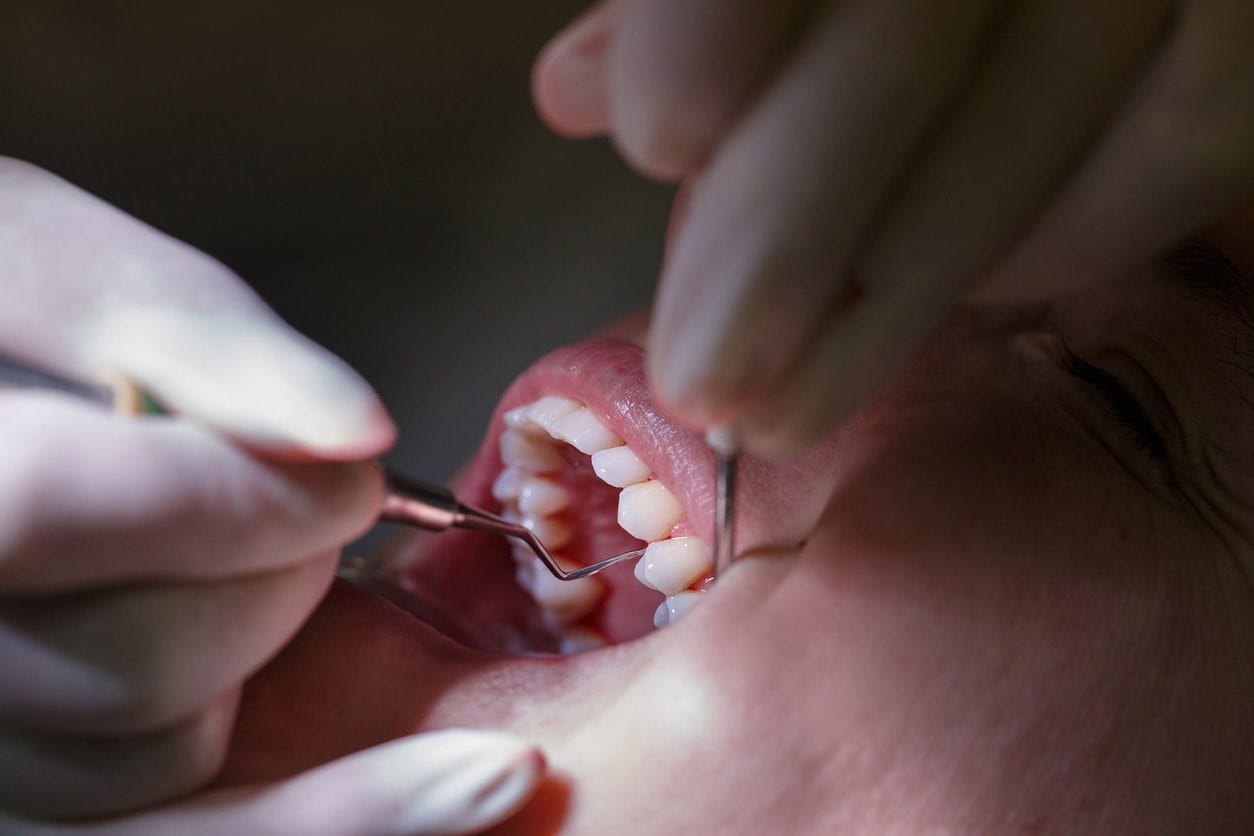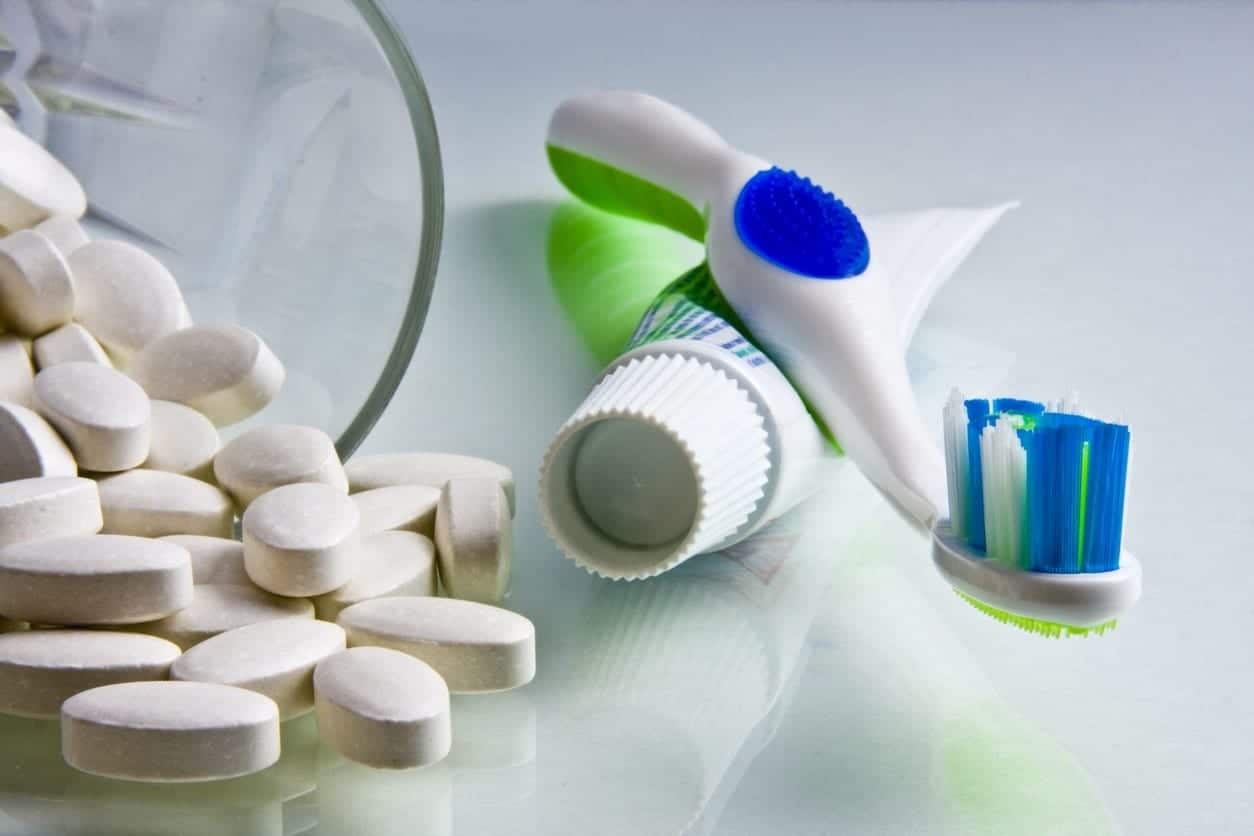
Going to the dentist is not the same experience that you might have had when you were a kid. X-rays are done differently, fillings are rarely bright silver anymore, and some dentists even put patients in massage chairs to calm them down during their appointment.
Each year, researchers and dental professionals look for ways to improve the patient’s experience in the dentist chair. 2016 in particular was a great year for learning new ways to handle a variety of dental procedures and improve a patient’s oral health.
Below, we’re going to share some of the top dental discoveries of the year with you. If you haven’t experienced them yet, keep an eye out for them at your next few dentist appointments.
Dental Advancements You Should Know About

Anesthesia Can Be Given Via Electric Currents. While local anesthesia is wonderful for relieving pain during dental procedures, patients still have to undergo some degree of anxiety and discomfort after the anesthesia is injected, via needle, into the gum. Swabs can also be used, but some people don’t like the feeling of a gel being rubbed onto the inside of their mouth.
Well, soon there may be a better way. Researchers at the University of São Paulo have discovered a way to use small electric currents to deliver anesthesia. It may take time for this method to come to your local dentist, but we hope that in the future this will encourage more patients to make an appointment and go through procedures that require anesthesia.
Periodontal Disease May Be Linked to Low Testosterone. Last year, research at Texas A&M University was done on macaques, a nonhuman primate that is linked pretty closely to our own species. By examining macaques that had died from natural causes, scientists noticed an interesting link: all of the castrated macaques showed signs of periodontal disease.
Periodontal disease has been linked to many other symptoms throughout the body, including breast cancer and diabetes, but it looks like we can now add low testosterone to the mix. Another study from 2016 linked gum disease to esophageal cancer, lending credence to the idea that our oral health is closely linked to our overall health.
Pills Could Soon Be Administered to Prevent Cavities. It’s not easy to keep your mouth cavity-free. We consume acidic foods and drinks like coffee and sugary foods that eat away at our teeth, and even the most ardent brushers and flossers can still have problems from time to time.
However, this acidity can be balanced out with more basic compounds like ammonia, and it has been shown that people who create ammonia naturally in the mouth can prevent cavities for longer periods of time. On the flip side, people who have a hard time creating ammonia get cavities quicker.
Why this could matter a lot going forward is because researchers were able to find a type of bacteria that, when orally ingested in pill form, could be used to create ammonia and balance out the levels of acidity in the mouth. Put simply, we all might be taking pills in the future that help prevent cavities. Again, this isn’t available next to your toothpaste quite yet, but it certainly is exciting news.
Mouthbreathing Leads to a Higher Risk of Tooth Decay. The acidity levels in the mouth can be the result of many different factors, including the saliva present in the mouth and the way that you breathe. Specifically, if you breathe through your mouth, you risk having higher acidity levels.
A New Zealand research institute looked specifically at mouthbreathing and measured acidity in mouthbreathers to confirm this hypothesis. While most of our breathing is done subconsciously, dental and orthodontic work may be able to help patients by adjusting their jaw and encouraging more closed-mouth breathing. Looking into these changes could have an overall impact on not only the way that you breathe, but also the state of your teeth.

Multiple Fillings Could Lead to Dangerous Levels of Mercury in Your Blood. Traditionally, when you got cavities, they were fixed by using silver fillings. Not only are these fillings an eyesore when you smile, new research says they may be potentially dangerous to your health.
It’s been known for a long time that these fillings may contain mercury, a toxic chemical that can have negative affects on our health. In 2016, a definitive study showed just how much mercury is present in people with these fillings.
A study from the University of Georgia revealed that patients with over eight fillings had 150% more mercury in their blood than patients without silver fillings. That’s a large jump up. Even if you don’t have eight silver fillings in your mouth, any amount of fillings can increase the amount of mercury present in your blood. Luckily, there are new ways and materials to fill cavities.
Want to see all the different ways that oral health care has changed recently and learn how you can benefit? Make an appointment with our South Florida dental office today.






